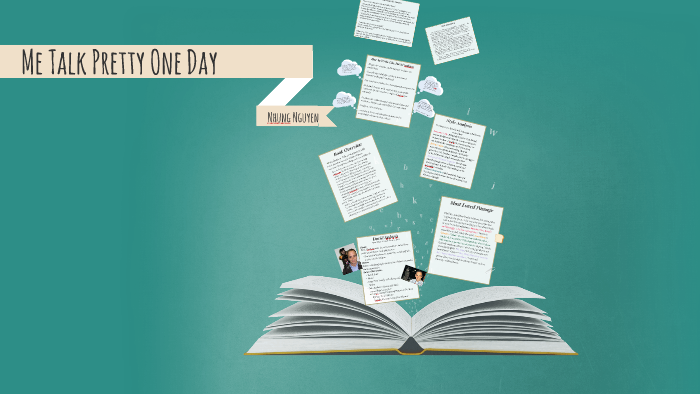

Still no answers to that musical ear syndrome, but most people seem able to control it.īobbyjo21, you say you have hearing loss. Today, cochlear implants are able to bypass the natural organ and stimulate that nerve for the brain. The main discovery was learning that the auditory nerve was not dead or dying, but the cochlea was. Thankfully, a few test subjects agreed to be involved in experimental surgery. The concept of cochlear implants was scoffed at by the ENT profession, except for a few researchers who dedicated themselves to their belief that it was the cochlea (inner ear) that was faulty in sending singles to the auditory nerve to send to the brain. People were given no hope of hearing help back then. Until the late 1980s most people who started losing hearing were told that nothing could be done to help them because the auditory nerve, which sends sound to the brain for interpretation was dead or dying. The ear is an amazing gateway to the brain. Looking at the lyrics amazed me as I remembered every word of that song perfectly. However, it was sung by several other artists then. I have no recollection of that musical from the early 60s. It's from 'Wildcat' staring Lucille Ball. I didn't know what musical it was from, so looked it up online. It's a positive song, but anything that gets repetitive is annoying. In most cases, I can change the song by thinking of something else similar in tempo.Ī few days ago the song "Hey Look Me Over" kept playing and playing. It's actually quite pleasant until it becomes repetitive.

All those songs, many of which I can bring up at will are songs from 30+ years ago. In my case, I can hear a variety of music from past years when my hearing was much better than it is now. However, 'musical ear' is a very common thing among people who have hearing loss. That discussion is addressing it from a mental health perspective. There is a brief discussion on 'musical hear hallucinations' in the Mental Health Forum on MCC.


 0 kommentar(er)
0 kommentar(er)
